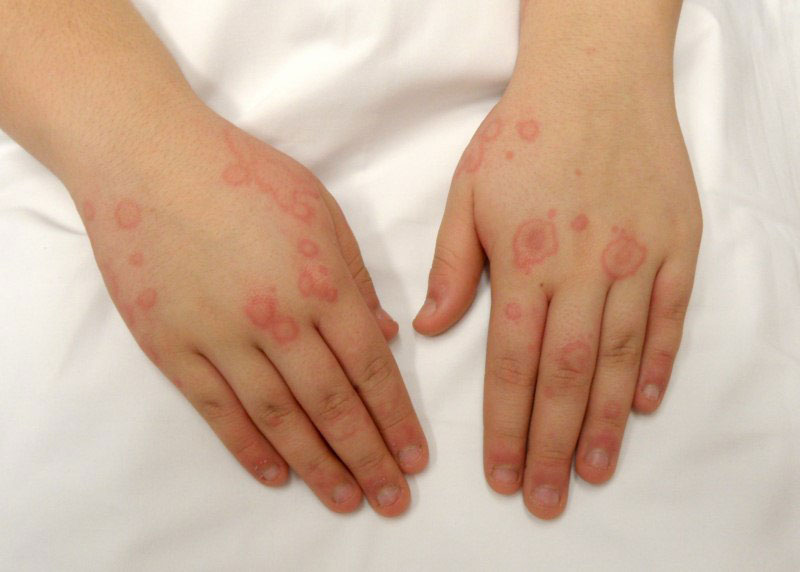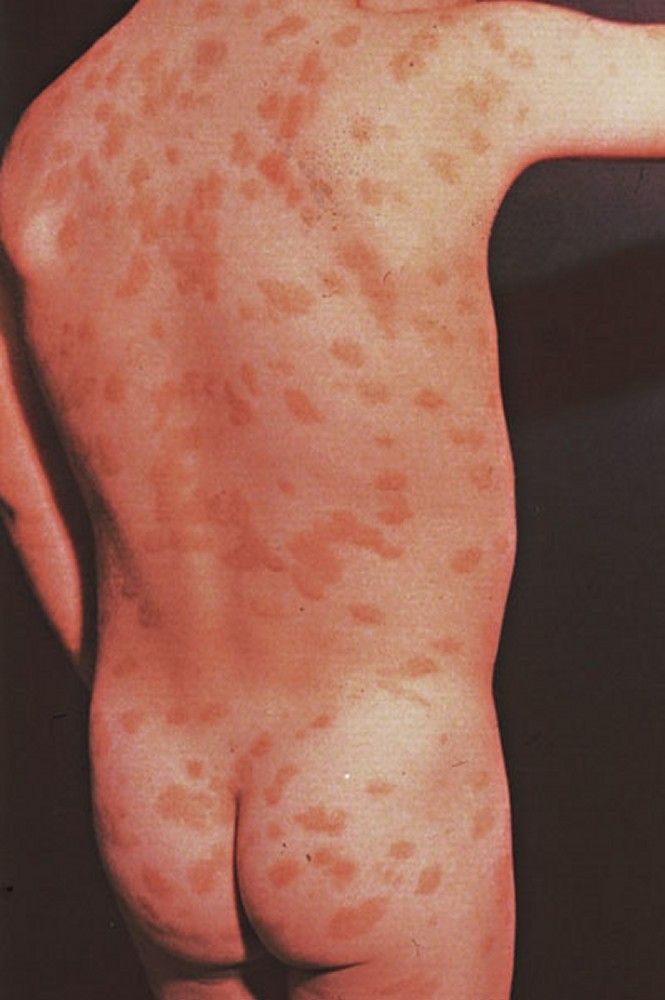Is mastocytosis cancerous ?
MASTOCYTOSIS :
Mastocytosis is a condition where certain immune cells, called mast cells, build up under the skin and/or in the bones, intestines and other organs. This abnormal growth of mast cells causes a range of symptoms, including itchy bumps on the skin, gastrointestinal (GI) issues such as diarrhea, and bone pain. It can increase the risk of anaphylaxis (a severe allergic response) when patients come across certain environmental triggers (such as a bee sting). In some cases, the mastocytosis can be aggressive and lead to death if left untreated. Mastocytosis is not contagious.TYPES OF MASTOCYTOSIS :
There are two main types of mastocytosis. They are:
- Cutaneous: This type of mastocytosis affects the skin only. It occurs more often in children. Mast cells build up in the skin, causing red or brown lesions that itch. By itself, cutaneous mastocytosis isn’t life-threatening. But people with the disorder have significant symptoms and have a much higher risk of a severe allergic reaction, which can be fatal.
- Systemic: Occurring mainly in adults, systemic mastocytosis affects parts of the body other than the skin. Mast cells accumulate in the bone marrow and organs, such as the intestines. In cases of aggressive systemic mastocytosis, it can be life-threatening. Systemic mastocytosis includes two rare forms: mast cell leukemia and mast cell sarcoma. Mast cell sarcoma occurs when a tumor made up of mast cells forms somewhere in the body. Mast cell leukemia is a very aggressive form of the disease where large numbers of mast cells are found in the blood and bone marrow.
WHAT ARE THE CAUSES MASTOCYTOSIS ?
Mastocytosis, in particular systemic mastocytosis, is often caused by a mutation (a change in the code or sequence) in a gene called KIT. The change happens after conception. In most cases, it is not inherited (passed down from one generation to another).
There are dozens of potential triggers. You should talk to your doctor about medications and situations you should avoid.
Some common triggers include:
- Rubbing or friction on the skin.
- Exercise and physical activity.
- Insect bites (especially ant bites) and wasp and bee stings.
- Alcohol, certain food and some medications, including nonsteroidal anti-inflammatory drugs (NSAIDS), muscle relaxers and anesthesia.
- Sudden changes in temperature.
- Physical or emotional stress.
WHAT ARE THE SIGN AND SYMPTOMS OF MASTOCYTOSIS ?
Symptoms of mastocytosis can range from mild to severe. They include:
- Brown or red blotches on the skin, or bumps or spots that itch.
- Skin blisters (this symptom usually occurs in children).
- Nausea, stomach pain, diarrhea and vomiting.
- Bone pain.
- Flushing (when skin all over the body turns red).
- A drop in blood pressure.
- Fainting.
HOW IS MASTOCYTOSIS DIAGNOSED ?
Doctors may perform a bone marrow biopsy if they think you have systemic mastocytosis. They insert a needle into your bone and remove a sample of the bone marrow (spongy tissue inside your bones) and bone tissue. Your doctor will numb the area before the procedure. Before a biopsy, your healthcare provider may order a blood test to measure the basal serum total tryptase level. Mast cells release tryptase, an enzyme, when the cells are triggered.
They may order urine or blood tests. To diagnose cutaneous mastocytosis, your provider will take a small skin sample and send it to a lab for testing. This procedure is called skin biopsy .
HOW TO TREAT MASTOCYTOSIS ?
There is no cure for mastocytosis, but treatments can help minimize symptoms. To manage it, you’ll need to avoid triggers that might cause an attack. Treatment for mastocytosis includes:
- Ultraviolet light: Your doctor may use ultraviolet (UV) light to make darkened skin lesions less noticeable.
- Treatments for aggressive systemic mastocytosis: Your doctor may prescribe chemotherapy such as cladribine to treat aggressive systemic mastocytosis. Midostaurin, a drug that targets the KIT mutation has been approved by the US FDA for the treatment of systemic mastocytosis. For those without a mutation in the KIT gene, another medication called imatinib can be used. Some patients with aggressive systemic mastocytosis may undergo an allogeneic hematopoietic stem cell transplant (also called a bone marrow transplant). A new medication that targets the KIT mutataion, called avapritinib, while not approved by the US FDA, may be available in certain circumstances.
- Medications for symptoms: Antihistamines, leukotriene modifiers, mast cell stabilizers and corticosteroid creams can relieve the symptoms of an allergic reaction, such as itchy skin lesions. To reduce inflammation, doctors may prescribe oral steroids or a drug called cromolyn sodium. Bisphosphonates can strengthen weak bones. Depending on your symptoms, your doctor may prescribe other medications, including drugs that reduce stomach acid or relieve bone pain.
- Epinephrine: Everyone who has mastocytosis should carry an EpiPen. In case of anaphylactic shock, an epinephrine injection could save your life.



Comments
Post a Comment